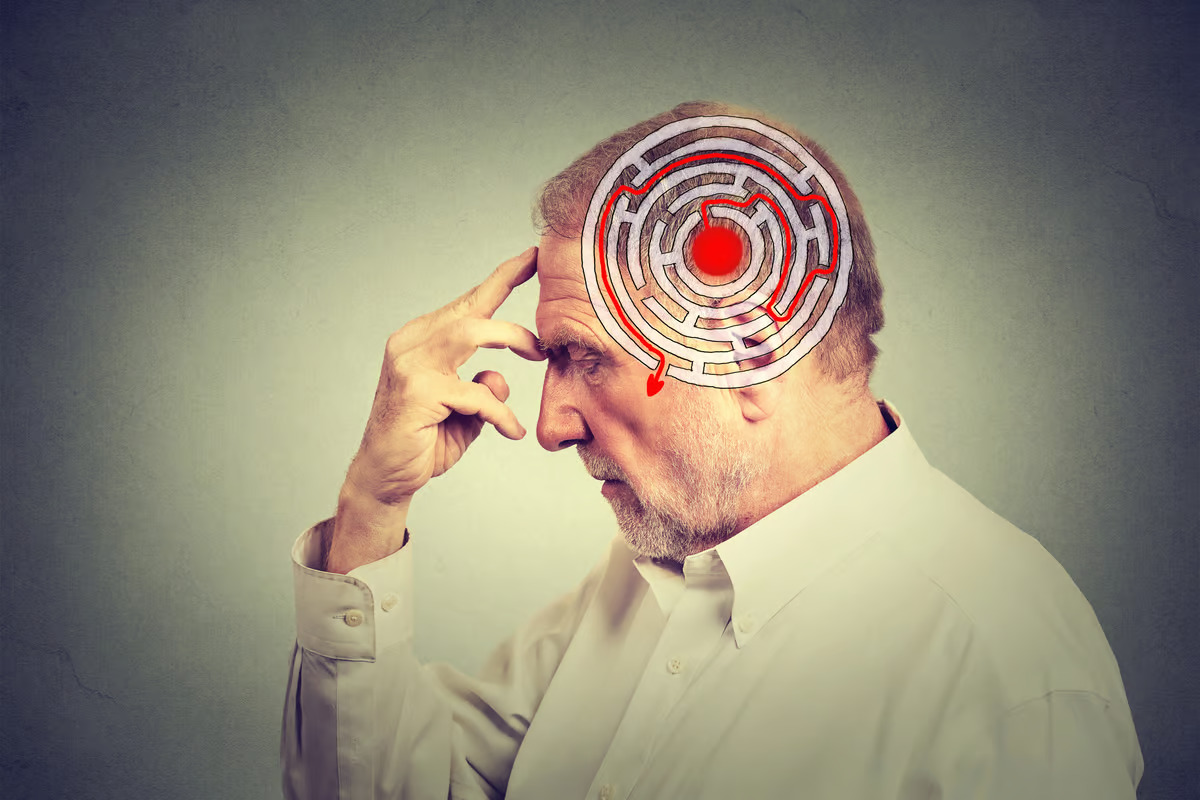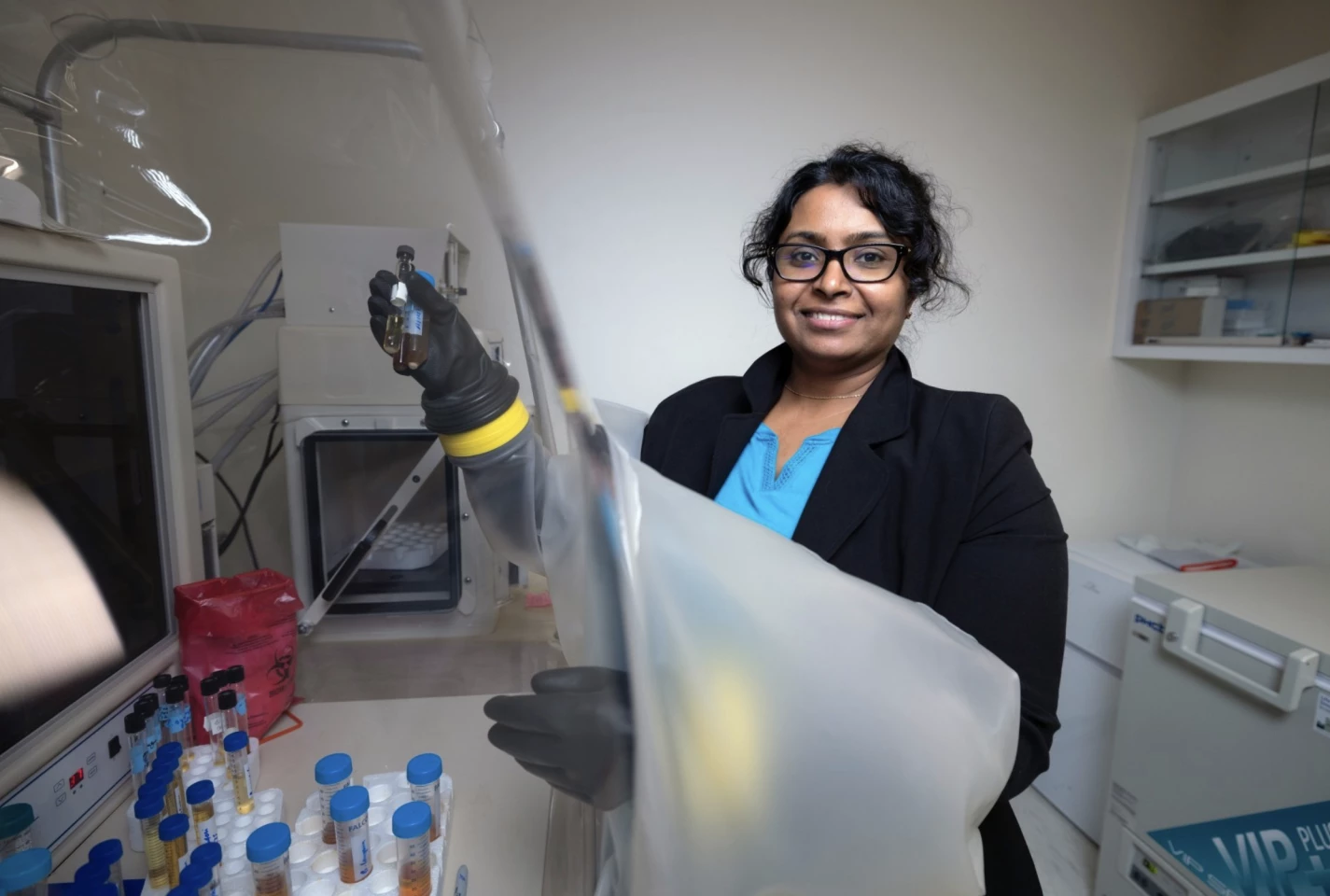 Scientists are looking at the gut-brain connection and stroke rehabilitation.
Scientists are looking at the gut-brain connection and stroke rehabilitation.
Scientists from The University of Texas Health Science Center at Houston (UTHealth Houston) have turned their attention to the gut – in particular, the ligands produced there. Ligands, produced in the gut as well as elsewhere in the body, are important molecules that bind to specific receptors – proteins on the surface of a cell – and play a crucial role in signaling and cell function. Some of these ligands serve as neurotransmitters and are essential for healthy neuronal activity.
The researchers were particularly interested in the gut-produced ligands that bind to the aryl hydrocarbon receptor (AhR) – AHR ligands – which impact immune response and inflammation in the body – including in the brain. Following a stroke, the gut’s microbiota is compromised, resulting in an imbalance (dysbiosis) which in turn leads to a drop in gut-produced AHR ligands (dysbiosis). At the same time, there’s an uptick in Kynuerine (Kyn) AHR ligands, not derived from the gut, and their overactivity results in neuroinflammation dysregulation. Ultimately, without the gut-sourced ligands binding to receptors of the microglia – the central nervous system’s immune cells – in the brain, the imbalance can leave post-stroke neuroinflammation difficult to reduce, potentially leading to secondary brain injury and damage.
As such, the gut-derived ligands are essential in regulating and reducing inflammation. It’s further evidence of the relationship between the gut and brain, particularly when it comes to inflammation. Late last year, research out of another Texan institute, Texas A&M University, also found that post-stroke gut health had a direct impact on the brain and recovery.

“This study looked at how substances from the body and gut bacteria called AHR ligands affect post-stroke inflammation,” said senior author Bhanu Priya Ganesh, associate professor of neurology with McGovern Medical School at UTHealth Houston. “They found that after a stroke, changes in gut bacteria lead to a drop in beneficial substances and an increase in harmful ones. This suggests that restoring these beneficial substances from gut bacteria could help reduce inflammation after a stroke.”
In an earlier preclinical animal study, the researchers showed how stroke and other neurodegenerative diseases disrupt the gut microbiota, which in turn affects brain function – and that dysbiosis worsened with age. It again underpinned the critical role of the microbiota-gut-brain-axis (MGBA).
–
[For the balance of this very important article on strokes, please visit: https://newatlas.com/stroke/gut-microbiome-stroke/]
–
The study was published in the journal Nature Communications.
Source: UTHealth Houston
–
























